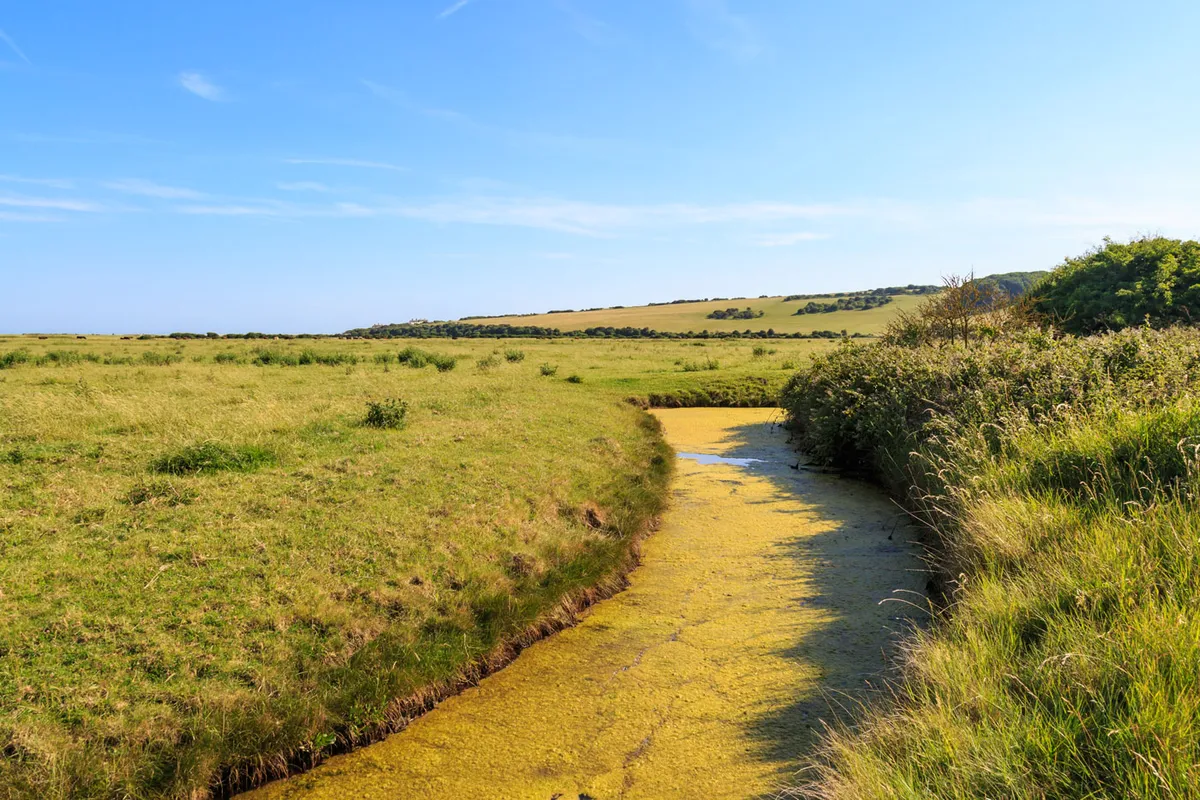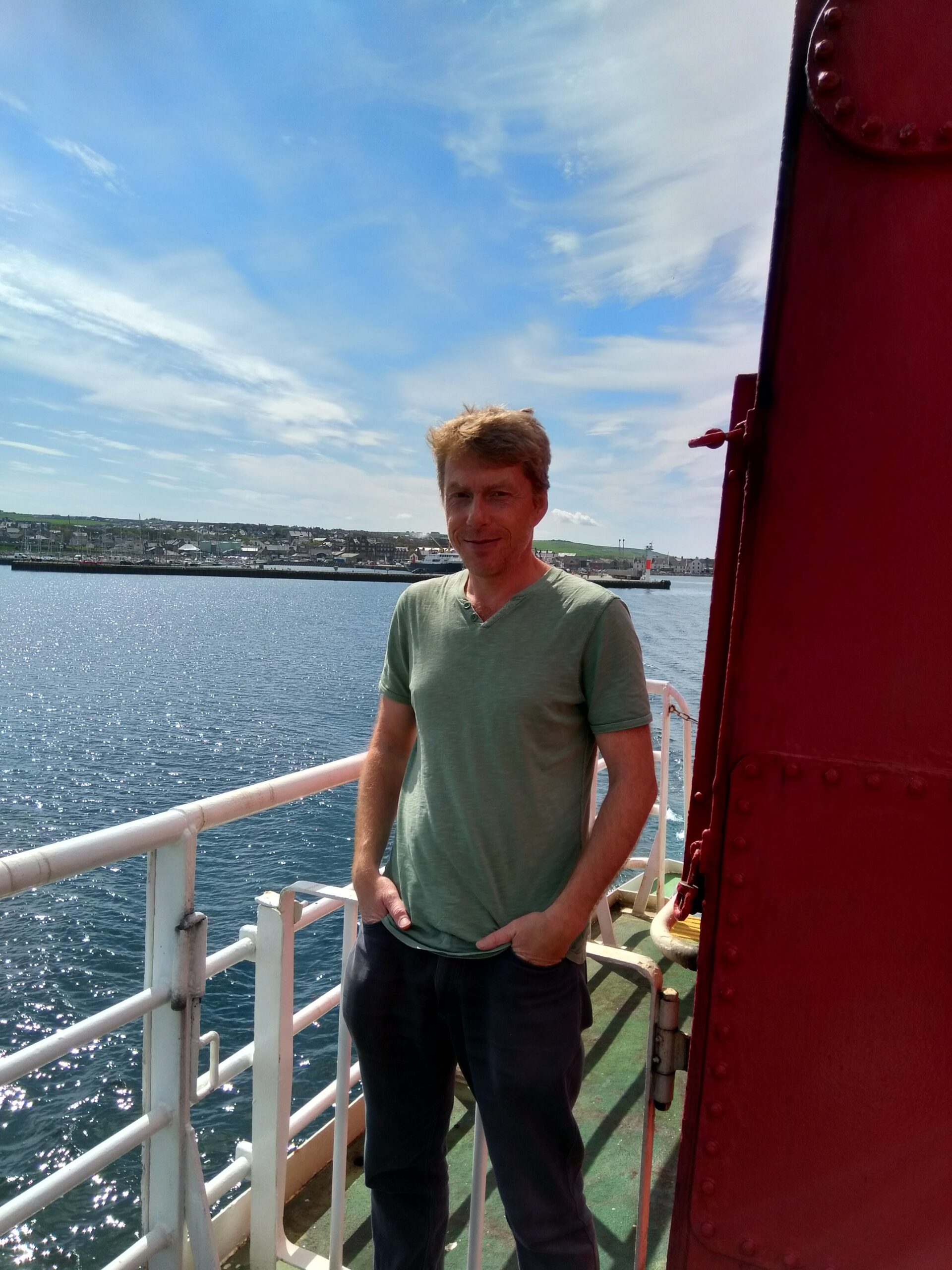Water authorities and fishing groups have warned that the expansion of free-range and higher welfare poultry farms have contributed to an increase in river pollution. Large amounts of chicken excrement are often washed by rainwater into water courses, releasing nitrates and other harmful chemicals.
Free-range chicken farms have expanded in recent years following a 2012 EU ban on the keeping of egg-laying hens in cages. The move is estimated to have affected up to 80 million hens. While many hens were simply accommodated in larger - and legal - 'enriched' cages, the law prompted an expansion of farms that offer open-air access to the birds. Both practices create large amounts of waste that needs to be legally disposed of.
Much of the focus of farm pollution is on cattle slurry and silage liquor but the Angling Trust says that the rapid growth of medium-sized poultry farms means that chicken manure is an increasing problem. Farms with 40,000 birds or more require a permit from the Environment Agency but those with fewer are regulated with a much lighter touch by local authorities. 'They [the latter] just get planning permission from local authorities who are not well-versed in the issues relating to phosphate run-off into rivers,' said Mark Lloyd, chief executive of the Angling Trust.
'The chickens padding around quickly harden up the soil and there's poo all over it,' said Lloyd. 'Chicken manure has a very high phosphate level and in a river that is very dangerous. On a farm with almost 40,000 chickens that amounts to a lot of chicken poo going into rivers.'
Chickens compact the grass on which they peck and forage, quickly hardening the surface to the constitution of cement: their faeces, which contain high levels of phosphates, are then quickly washed away by rain. 'The ammonia issue is really quite bad,' said Jodie Rettino, catchment manager at Severn Trent Water.
The major concern is that the manure triggers eutrophication, whereby the water becomes enriched with nutrients, triggering algal blooms that can quickly remove oxygen from the river. This can affect mammals such as otters ad shrews, eels, trout and lichens. The waste also leads to pollution of public water supplies, higher bills for water customers and council tax-payers and the flooding of homes and businesses.

'The proliferation of poultry units is a challenge,' said Huwel Manley, operations manager for Natural Resources Wales. 'It's a management issue in mid Wales and west Wales. You have to dispose of the manure and it's not like slurry, which is liquid and gets absorbed. Poultry manure is a hard product. You get over-proliferation of nitrates and phosphates and it feeds into the water.'
In December last year, a proposal to construct a 100,000-chicken farm near the river Clun in Shropshire was delayed by objections from Natural England. Last June, a similar proposal for a chicken farm near Craven Arms in Shropshire was turned down by a government inspector after conservationists warned that it could pollute the same river.
A spokeswoman for the British Poultry Council said that the council 'strongly advised all farmers to do the right thing while protecting and respecting the environment.'
Main image: ©Getty

